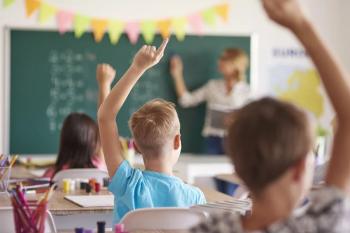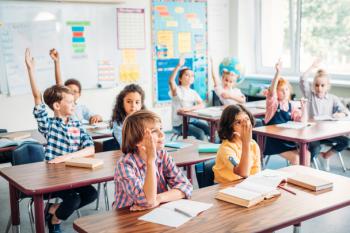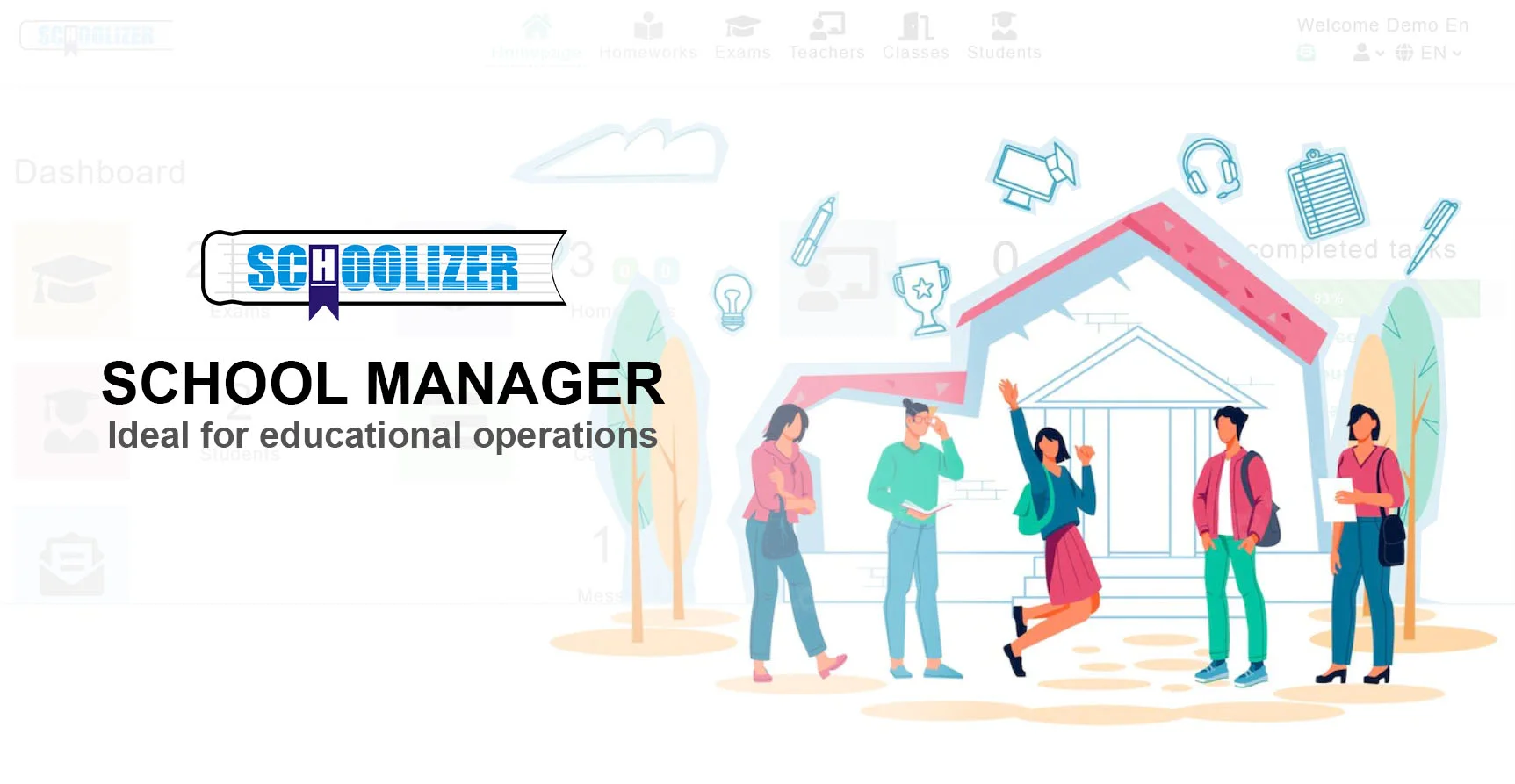How Theater Can Teach Kids About Climate Change: A Creative Approach to Environmental Education
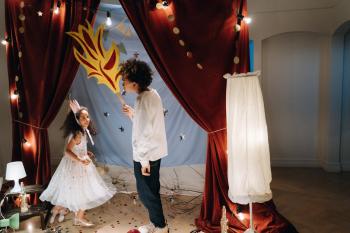
How Theater Can Teach Kids About Climate Change: A Creative Approach to Environmental Education
What if the stage could become a classroom for climate action? Why should theater be considered a powerful tool for teaching children about environmental issues? How can storytelling and performance make complex topics like climate change relatable and engaging for young minds? These questions lie at the heart of an innovative educational approach that merges drama with environmental awareness.
The Power of Theater in Environmental Education
Theater has long been recognized as a transformative educational tool, but its potential for teaching climate change is only now being fully explored. Unlike traditional lectures or textbooks, theater engages multiple senses and emotional responses, making abstract concepts tangible. When children act out scenarios of melting ice caps or deforestation, they don't just learn facts—they experience empathy and connection.
A real-world example comes from the Climate Change Theatre Action initiative, where young performers create short plays about environmental issues. In one production, elementary students used puppetry to depict endangered animals, helping audiences visualize the impact of habitat loss. Such performances often lead to deeper discussions and personal reflections among participants.

Emotional Engagement Through Storytelling
Scientific data alone rarely inspires action, but stories do. Theater provides a narrative framework that helps children process complex environmental issues emotionally. By embodying characters affected by climate change—whether farmers facing drought or polar bears losing their homes—students develop compassion and urgency.
For instance, a middle school in Oregon staged a play where students traveled through time to witness environmental degradation. One participant remarked, "Playing someone from the future who couldn't breathe clean air made me realize this isn't just a problem for later—it's happening now." This emotional connection often motivates children to adopt sustainable habits and advocate for change.
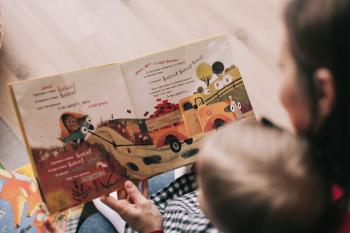
Building Critical Thinking Through Role-Playing
Theater exercises like forum theater—where audiences intervene to change a scene's outcome—teach problem-solving skills. Children learn to analyze climate-related dilemmas from multiple perspectives, whether debating renewable energy solutions or negotiating conservation policies.
A notable example comes from a UK program where students role-played UN climate summit delegates. Through improvisation, they grappled with real-world tensions between economic growth and sustainability. Many reported gaining a nuanced understanding of global challenges that textbooks couldn't convey.

From Awareness to Action: Theater as a Catalyst
Performance doesn't just raise awareness—it can inspire concrete action. Many theater programs incorporate post-show workshops where children brainstorm community projects. Whether organizing tree-planting drives or creating recycling campaigns, students translate artistic expression into environmental stewardship.
In New York, a youth theater group performed a piece about plastic pollution, then partnered with local businesses to reduce single-use plastics. Their play became a springboard for policy changes, demonstrating how art can fuel real-world impact.
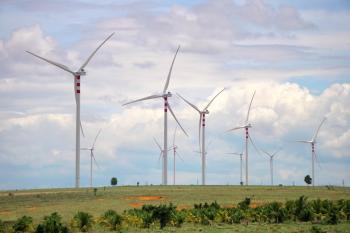
Implementing Theater-Based Climate Education
Schools and communities can integrate theater into climate education through:
- Collaborations with local theaters or environmental organizations
- Curriculum development that links drama standards to science topics
- Student-led productions where children research and create their own climate plays
A successful model is California's Green Theater Project, which provides lesson plans combining performance arts with sustainability lessons. Participating schools report increased student engagement in both STEM and arts subjects.

The Future of Climate Education Through Theater
As climate anxiety grows among youth, theater offers a hopeful space to process fears and envision solutions. Emerging technologies like immersive theater and virtual reality are expanding possibilities, allowing students to "experience" different ecosystems or future scenarios.
Pioneering programs like Finland's Climate Change Musical show how large-scale productions can tour schools, creating shared cultural moments around environmental themes. Such initiatives prove that when knowledge meets creativity, learning becomes transformative.


